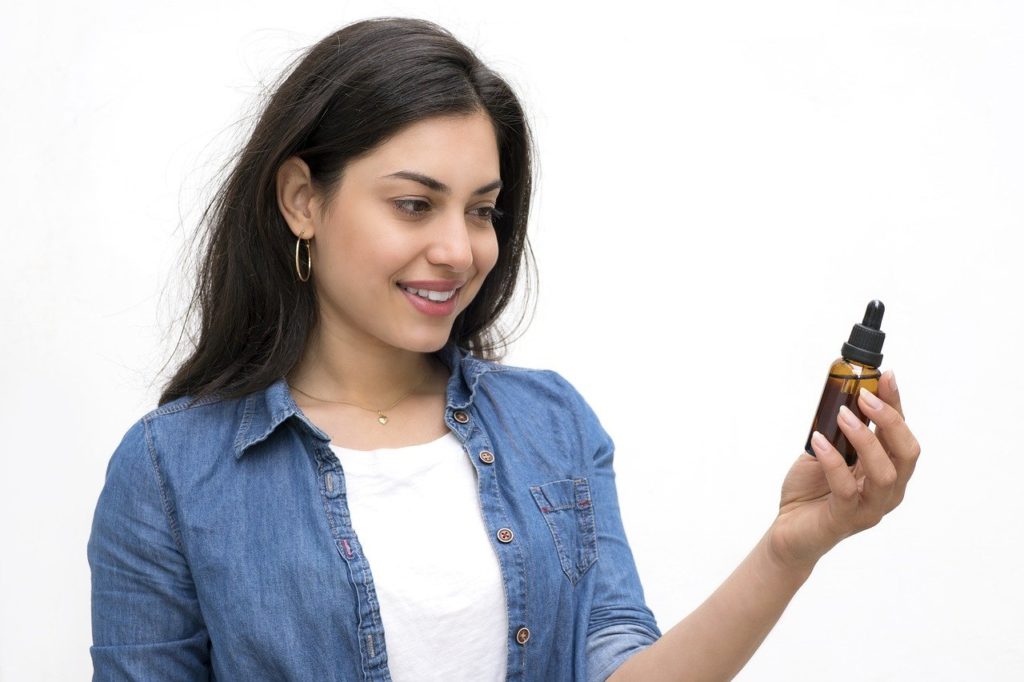
- What does the label say?
There are many requirements for a CBD product label in order to keep it compliant. A few things that should definitely be included are company name and location, product description and ingredients, net quantity of contents, and FDA disclaimers and warnings. A label should not make any health claims.
- Is it too Good to be True?
You know the saying: “If it’s too good to be true, it probably is.” It also applies to CBD brands. For example, definitely beware of products promising high quantities of CBD in a small bottle. I have seen 3,500mg in a 1 oz bottle but someone promising 10,000mg? You may want to look elsewhere before buying from that company unless you are already familiar with their products.
- Where are the Lab Reports?
Since CBD is unregulated, the only way to know exactly what is in your CBD is to check the lab reports. A reputable CBD brand will have their COAs posted on their website.
The COAs, or lab reports, should be from an accredited lab that is not associated with the CBD company you are considering purchasing from. They should show the amount of CBD and other cannabinoids present in the product as well as any contaminants, solvents, heavy metals, and pesticides. Here are some tips on how to read CBD lab reports.
- Don’t Purchase on Amazon or Ebay
Amazon and Ebay are both great, but they aren’t good for everything. At the time of this post, neither Amazon or Ebay currently allow CBD sales. Many of the products that say they are CBD are actually hempseed or even something else.
- Does it claim to cure anything?
CBD can help many things but it is not guaranteed to cure anything. A reputable CBD company will be upfront and say that it could help but will not guarantee anything.
